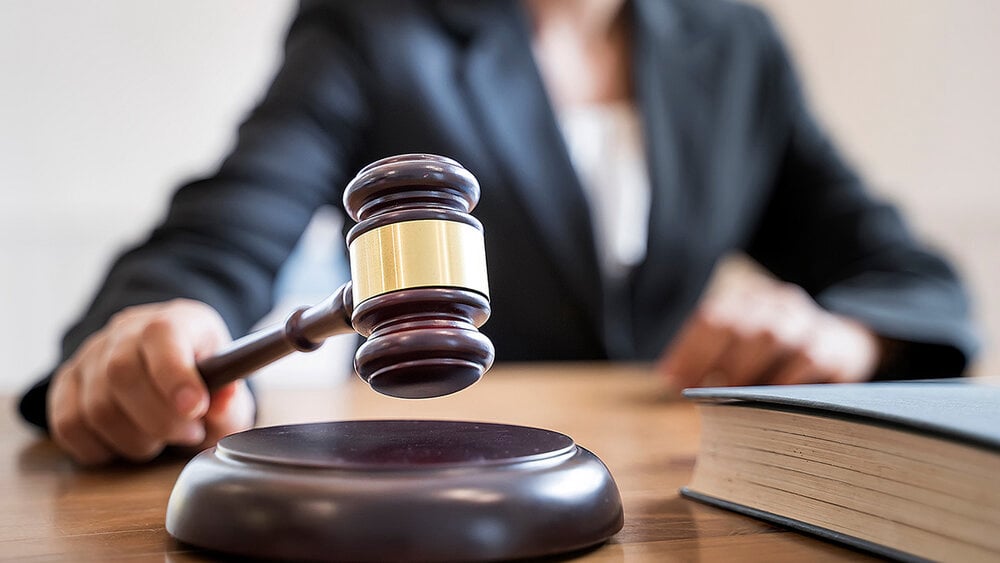Advocate and Counselor: Lawyers are advocates for their clients, representing their interests and providing them with legal counsel. Whether it's a criminal defense attorney fighting for the rights of the accused or a family lawyer guiding clients through divorce proceedings, this role involves understanding the intricacies of the law and using that knowledge to guide clients through legal challenges.
Researcher and Analyst: Legal cases often hinge on precedent and interpretation of the law. Lawyers are required to conduct extensive research to build strong cases for their clients. This involves sifting through statutes, case laws, regulations, and legal doctrines to develop compelling arguments.
Negotiator and Mediator: Many legal disputes are resolved without going to court. Lawyers act as negotiators, working to reach settlements and agreements between parties. In more collaborative processes, they serve as mediators, facilitating discussions between conflicting parties to find mutually acceptable solutions.
Litigator: While not all lawyers practice in the courtroom, those who do are known as litigators. They represent their clients in trial proceedings, presenting evidence, cross-examining witnesses, and making arguments before judges and juries. Criminal defense attorneys and prosecutors are common examples of litigators.
Transactional Lawyers: Some lawyers focus on transactional work, such as drafting contracts, agreements, and legal documents. Corporate lawyers, for instance, facilitate business transactions, mergers, and acquisitions, ensuring that legal requirements are met and protecting the interests of their clients.
Responsibilities of Lawyers
Ethical Obligations: Lawyers are held to high ethical standards, as they are entrusted with protecting their clients' interests while upholding the integrity of the legal system. Upholding attorney-client privilege, maintaining confidentiality, and avoiding conflicts of interest are fundamental aspects of their responsibilities.
Zealous Representation: Lawyers have a duty to zealously represent their clients. This means advocating for their clients' positions to the best of their abilities while adhering to the law and ethical guidelines. This responsibility is essential for maintaining the fairness and effectiveness of the legal process.
Continuous Learning: The legal landscape is constantly evolving. Lawyers must engage in continuous learning to stay updated on changes in laws, regulations, and legal precedents. This involves attending seminars, reading legal journals, and participating in professional development activities.
Communication: Effective communication is paramount in the legal profession. Lawyers must communicate clearly and concisely with clients, opposing counsel, judges, and juries. Strong communication skills are essential for presenting arguments persuasively and negotiating favorable outcomes.
Impact of Lawyers
Access to Justice: Lawyers play a pivotal role in ensuring access to justice for all individuals, regardless of their background or socioeconomic status. They bridge the gap between complex legal processes and ordinary citizens, helping them navigate the legal system and assert their rights.
Safeguarding Rights: In cases involving civil liberties and human rights, lawyers act as defenders against unjust treatment and discrimination. Public interest lawyers take on cases that address systemic issues, leading to positive changes in laws and policies.
Strengthening the Rule of Law: A functional legal system is a cornerstone of a just society.
Lawyers contribute to the rule of law by advocating for the fair application of laws, preventing abuses of power, and ensuring that legal processes are transparent and impartial.
Influencing Policy: Lawyers often work in tandem with lawmakers and policymakers to draft legislation that addresses societal issues. They provide legal expertise to shape laws that reflect the needs and values of the community.
Economic Impact: Lawyers contribute to economic growth by facilitating business transactions, resolving disputes, and providing legal advice that helps individuals and companies make informed decisions within the boundaries of the law.

